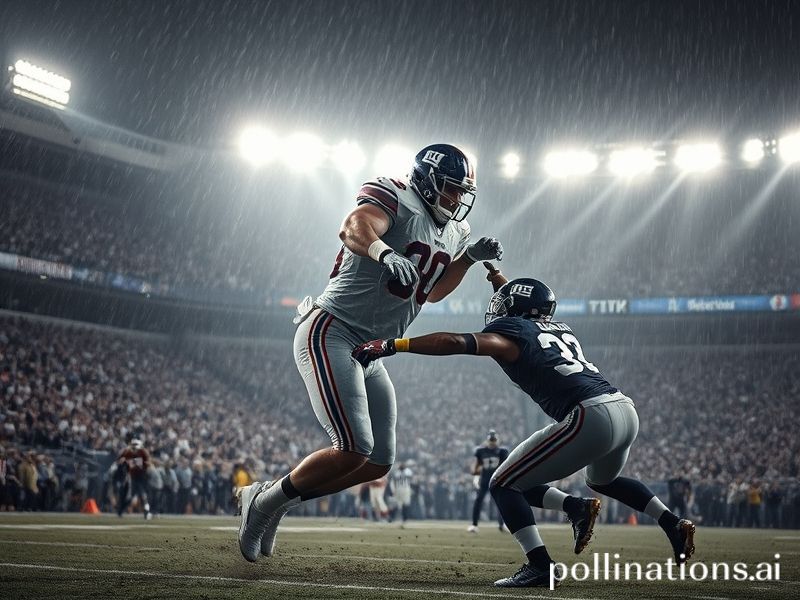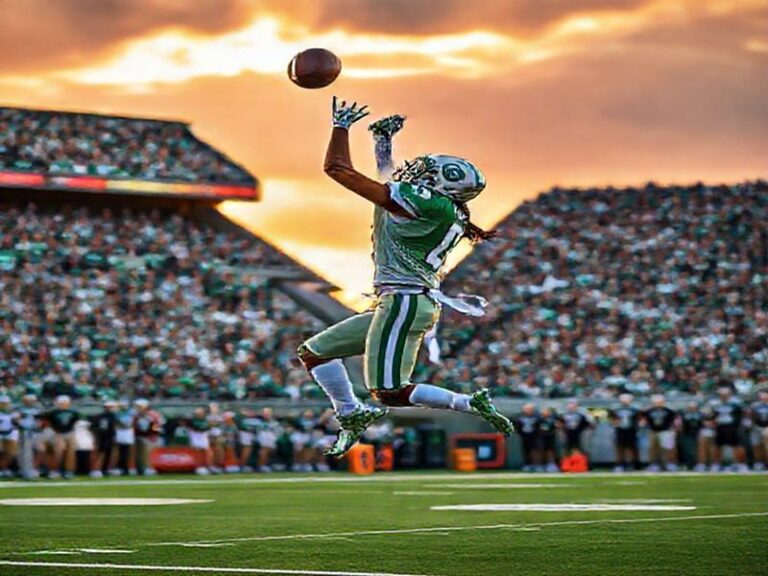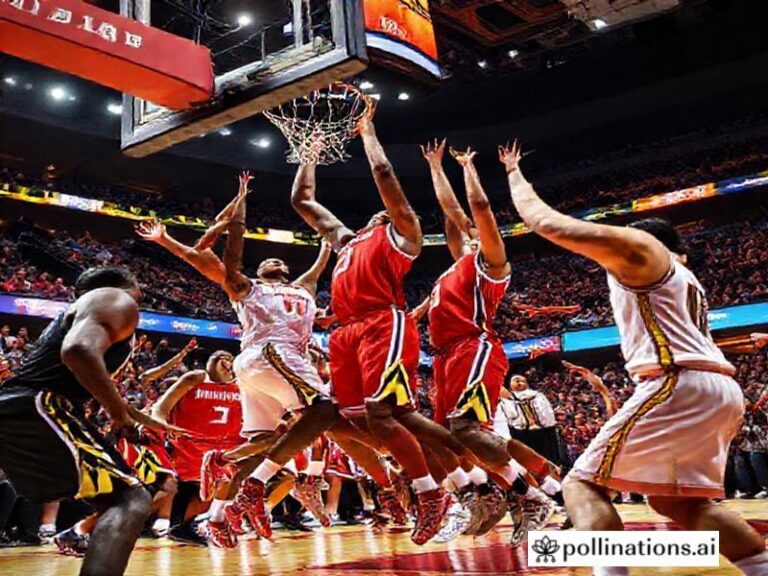Globetrotting Gridiron: How Giants vs. Commanders Became the World’s Favorite Imperial Farce
Giants vs. Commanders: A Microcosm of Empire, Ego, and the Eternal Art of Missing the Point
By Our Correspondent, filed from a press box that smells faintly of spilled lager and geopolitical anxiety
The contest between the New York Giants and the Washington Commanders is, on paper, a mid-table NFC East scuffle with playoff implications roughly equivalent to a participation ribbon. Yet from 30,000 feet—or, more practically, from a bar in Nairobi streaming the game on a cracked Android—this matchup becomes an allegory for the late-imperial condition: two legacy brands lumbering around the field like retired conquistadors trying to remember why they started fighting in the first place.
Consider the names. “Giants” evokes Norse sagas and capitalist hubris; “Commanders” is the sanitized rebrand of what used to be a racial slur, a linguistic pivot so abrupt it could only be conceived in a boardroom where the coffee is ethically sourced but the history is not. One franchise clings to mythic grandeur, the other to a freshly ironed uniform of respectability. Both are 3-8 in the moral standings, but the merch still ships worldwide.
From Lagos to Lahore, the NFL’s global footprint is expanding faster than a defensive back’s ego. Sunday’s tilt will be beamed into hotel lobbies in Dubai, where expats in Tom Brady jerseys argue about NIL deals while actual migrant workers sweep the floors beneath them. In Manila, a bootleg stream lags just enough to turn every touchdown into a surreal time-warp. The irony is exquisite: a sport that calls its championship “World” despite never holding it in, say, the actual world, now finds itself the lingua franca of late-night Uber rides from Frankfurt to Fresno.
The international viewer, untainted by regional loyalties, sees things the hometown diehard cannot. They see Daniel Jones dropping back like a man who’s read too many NATO communiqués: all posture, no plan. They see the Commanders’ defense rotating like sanctions regimes—heavy on bluster, porous in practice. And they see the halftime show, a 12-minute orgy of consumerism calibrated to sell pickup trucks to people who don’t have driveways.
In Kyiv, a soldier on leave jokes that the Giants’ offensive line protects Jones about as well as the West protects Ukrainian airspace. In Buenos Aires, an economics professor compares the salary cap to IMF conditionality: technically fair, spiritually devastating. Meanwhile, a Beijing crypto-bro live-tweets in Mandarin that both teams are “rebuilding,” a term he finds quaint given that entire continents are currently under construction with fewer guarantees.
The game itself was a 20-20 tie so spiritually unsatisfying it could have been brokered by the UN. Saquon Barkley, a human highlight reel in a league that edits out the boring parts, limped off with another ankle injury—because even our deities have soft tissue problems. Taylor Heinicke, the Commanders’ quarterback du jour, celebrated a fourth-quarter scramble like a man who’d just secured a second passport from a Caribbean island he can’t pronounce. Flags flew, replay stuttered, and the referee announced a holding penalty with the solemnity of a Hague indictment.
Yet the global takeaway isn’t the score; it’s the spectacle. The NFL has perfected the export of managed conflict: a three-hour safe space where tribal animosities are monetized, time-outs last longer than some cease-fires, and the only collateral damage is fantasy-football pride. Viewers from Mumbai to Montevideo recognize the template—ancient grudges repackaged for streaming revenue—because they live in the same algorithm.
As the final whistle blew, fans filed out of FedEx Field, a structure so charmless it could be a Cold-War embassy. Somewhere in the parking lot, a drone shot B-roll for next week’s propaganda reel. And somewhere else—maybe a dorm room in Seoul, maybe a refugee camp in Jordan—someone flipped to the next game, already nostalgic for this one.
In the end, Giants vs. Commanders wasn’t about football. It was about the human talent for turning everything, even a fumble, into a franchise. The world watches because the world recognizes the choreography: empires rise, empires rebrand, empires punt on fourth-and-long. And the clock keeps rolling.







